Chemotherapy in K+31

specialists

equipment

treatment
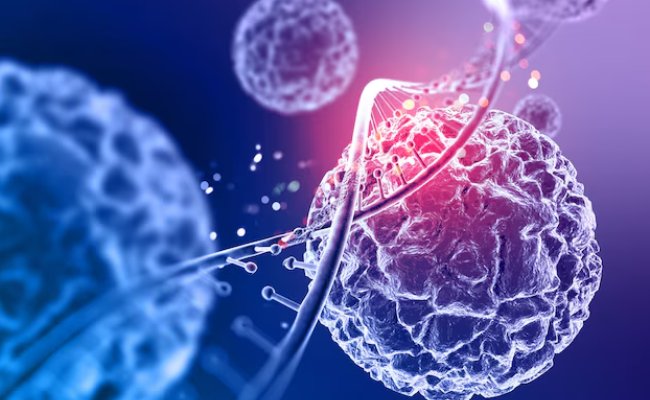
Cancer cell is a pathological unit prone to chaotic, uncontrolled division. At the same time, a cancer cell, like a healthy one, grows and multiplies quickly, which poses a real threat to life and health. Tumor cells grow, multiply, and then penetrate through the bloodstream into other organs and tissues, creating a new malignant node - metastasis.
Chemotherapy in oncology is the main treatment method aimed at achieving stable remission, improving quality and preserving life. Chemotherapy treatment can be used before and after surgery, or instead of surgery. Modern cancer medical centers use innovative methods and drugs, targeted and immunotherapy protocols, as well as other modern treatment methods.
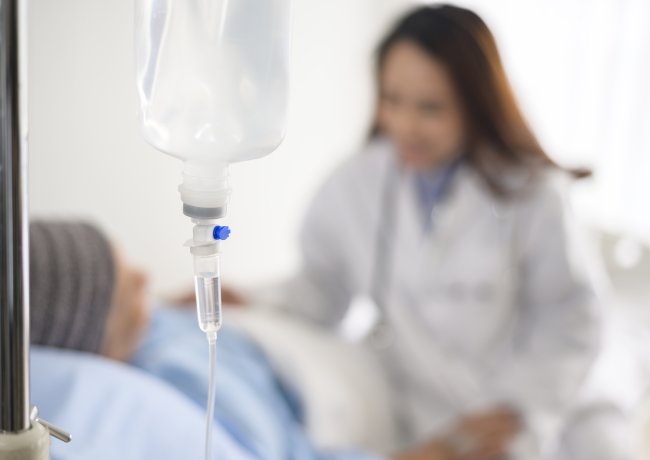
Chemotherapy is a medicinal effect on a cancer tumor in order to destroy the formation and prevent metastases. There are basically two types of chemotherapy:
- Cytostatic – treatment slows down regeneration and cell division, stops tumor growth
- Cytotoxic – aimed at destroying cancer cells and tumor necrosis
Treatment of malignant tumors with chemotherapy is more effective in combination with other methods. Administration of drugs is carried out in the following ways: introduction into the serous cavity, endolymphatic, systemic.
The course of treatment is prescribed only after a complete diagnostic examination in order to avoid complications. If necessary, corrective therapy is prescribed.
Features of chemotherapy
When is chemotherapy used?
Depending on the type of cancer and the goals of treatment, the tasks facing this treatment method may differ significantly.
Treatment of malignant diseases is carried out with the aim of curing the patient (curative chemotherapy), prolonging life or alleviating the symptoms of the disease (palliative chemotherapy).
In some cases, cytostatic chemotherapy is prescribed without the presence of a visible tumor, when there is only the possibility of micrometastases. Most often after surgery in order to prevent recurrence of cancer or delay it as much as possible. This is so-called adjuvant chemotherapy.
It is not uncommon for chemotherapy to be prescribed in anticipation of a planned operation in order to reduce the size of the tumor - induction or neoadjuvant preoperative chemotherapy.
How is the treatment carried out?
Regardless of the chosen regimen, the treatment is the same and consists of several stages.
Before each course, the patient must undergo a series of tests: general and biochemical blood tests, general urinalysis and ECG. In some cases, the list of tests may be changed by the attending physician. Additional examination methods may also be required.
The oncologist checks the results of all examinations, measures weight, pulse, blood pressure, asks about general health, and listens to complaints. The doctor will also find out how the recovery process went after the previous course.
If everything is in order, the patient begins antitumor treatment. First, he is given preparatory treatment in the form of an intravenous infusion to prevent unpleasant side effects of chemotherapy. Immediately after the end of preparatory therapy, antitumor drugs are administered intravenously over several hours. If preparatory treatment is carried out correctly and the required doses and regimen of administration of chemotherapy are observed, then, as a rule, a person does not experience any unpleasant sensations during treatment. The next step is to assess the patient’s general well-being after a course of chemotherapy. If everything is in order, he is given a date for his next visit and goes home.
The peculiarity of this treatment is that subjective deterioration in the form of weakness, nausea and loss of appetite occurs after a few days, when the patient is at home, often tens and hundreds of kilometers from the clinic. In this case, it is important to be able to receive advice from the attending physician and the necessary instructions at any necessary time.
As a rule, in the interval between courses it is required to take a general blood test to assess the condition of the blood. The number of courses and their frequency are set individually for each person and may change during the course of treatment.
To objectively assess the effectiveness of antitumor treatment, instrumental assessment methods are used. Typically, these are computed tomography, magnetic resonance imaging, and other methods may be used depending on the specific case.
Chemotherapy at the K+31 clinic
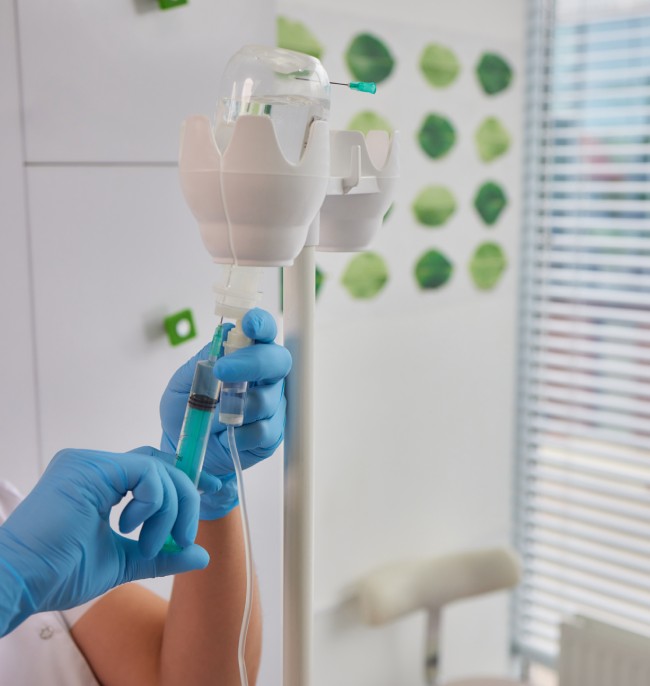
- Highly qualified specialists
- Conducting an oncology consultation
- International protocols – taking into account foreign and Russian standards
- The latest generation of drugs, foreign and Russian, without extra charges
- Modern accompanying treatment that minimizes possible side effects
- Hospitalization in a 24-hour hospital (if desired/necessary)
- Detailed diagnostics (in-house laboratory, MRI, CT, mammography, biopsy)
- Ability to provide round-the-clock assistance, monitoring and diagnostics
- Monitoring the patient’s condition between treatment cycles
- Full intensive care unit
You can check the cost of the course by sending an email* onco@k31.ru :
- Protocol of chemotherapy treatment course indicating height and weight
- If there is no protocol, you should contact an oncologist in person
*By sending documents, you confirm your consent to processing personal data.
Treatment methods
Chemotherapy for lung cancer
For lung cancer, adjuvant and neoadjuvant chemotherapy or chemoradiotherapy are prescribed. Targeted therapy is indicated for a separate group of patients. Thus, the drug Opdivo (active substance nivolumab) was registered and licensed in domestic medicine.
Almost all drugs for the treatment of lung cancer are a solution for intravenous administration, less often - in tablets. The general treatment cycle is 14, 21, 28 days.
Treatment for stomach cancer
For stomach cancer, adjuvant or neoadjuvant chemotherapy is also performed. For metastases, chemotherapy is often the only adequate method of combination treatment. The therapy inhibits the viability of pathogenic cells, reduces the size of the tumor, slows its growth, and leads to stable remission.
Chemotherapy drugs for stomach cancer are administered intravenously or in tablet form. The cycle lasts 14, 21 or 28 days.
Chemotherapy course for breast cancer
Chemotherapy drugs for breast cancer are administered intravenously slowly over a long period of time or about a few minutes. The duration of the cycle is 2 – 3 weeks.
Therapy can be combined, when some drugs are administered at the beginning of the cycle, and others in the middle or at the end. Adjuvant and neoadjuvant therapy can even last for six months.
For metastases due to breast cancer, monotherapy with one drug is used, while in the early stages multicomponent treatment is used.
Chemotherapy for uterine cancer
Uterine cancer requires the combined use of drugs based on paclitaxel, doxorubicin, cisplatin, and carboplatin. Most often, two or more drugs are used in therapy.
To enhance the therapeutic anti-cancer effect, drugs are combined with each other in one cycle. Sometimes after a course of chemotherapy, treatment is supplemented with radiation followed by repetition of chemotherapy.
Anticancer therapy for ovarian tumors
Protocol for colorectal cancer
If possible, treatment begins with adjuvant or neoadjuvant chemotherapy. Cyclicity every 2 – 4 weeks. The number and combination of drugs is determined by the stage and severity of the clinical situation.
In advanced stages, metastases, or lack of response to other treatment methods, palliative chemotherapy is prescribed.
All protocols use liquid forms of drugs in various forms of cancer. In order to treat metastases in the liver and organs of the hepatobiliary system, intra-arterial administration of chemotherapy drugs is used.
In clinical cancer centers, treatment methods are prescribed that correspond to the patient’s medical history, severity of the disease, age of the patient and other criteria. The goal of chemotherapy is to achieve remission, restore blood biochemistry, regulate the body's condition, and improve the quality of life. Don't neglect treatment - in most cases, cancer can be cured.
Our doctors

This award is given to clinics with the highest ratings according to user ratings, a large number of requests from this site, and in the absence of critical violations.

This award is given to clinics with the highest ratings according to user ratings. It means that the place is known, loved, and definitely worth visiting.

The ProDoctors portal collected 500 thousand reviews, compiled a rating of doctors based on them and awarded the best. We are proud that our doctors are among those awarded.
Make an appointment at a convenient time on the nearest date
News
Price

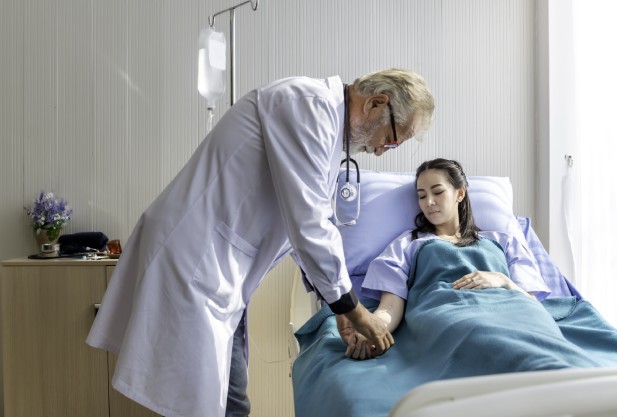
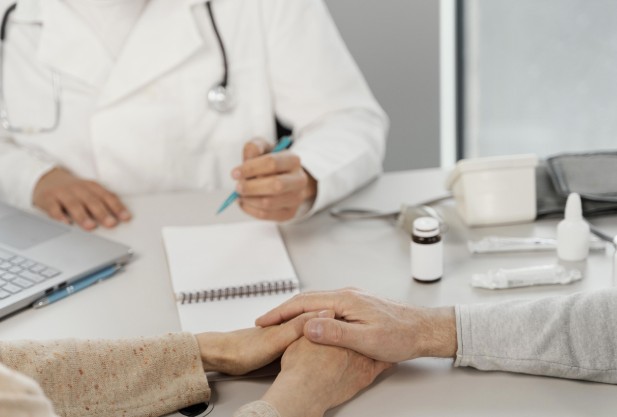


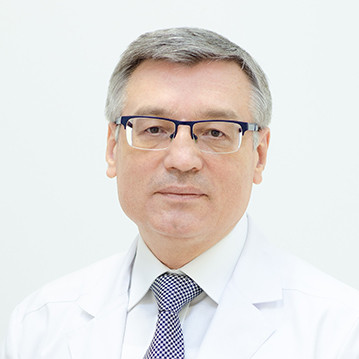
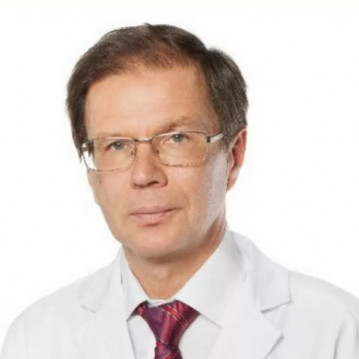
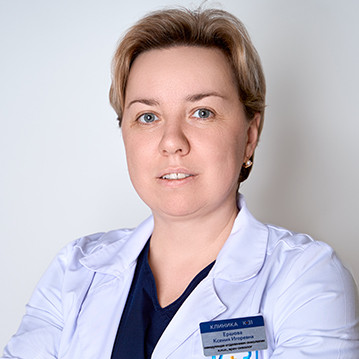



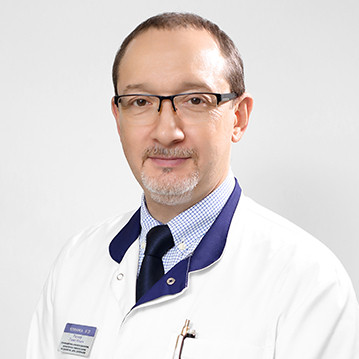
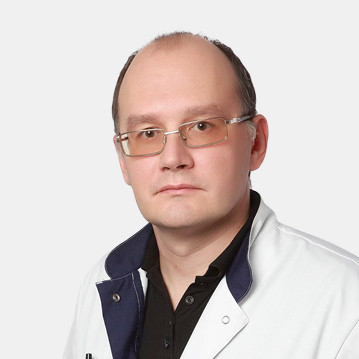

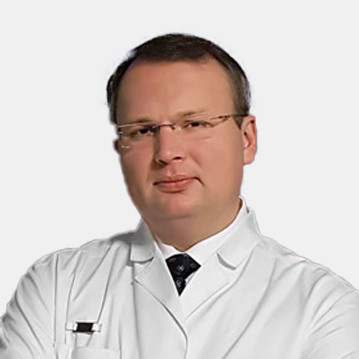
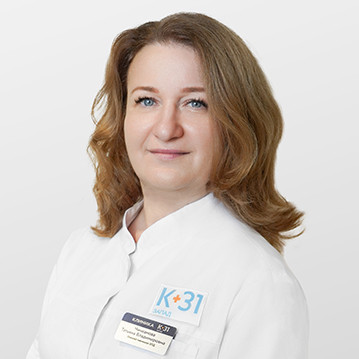

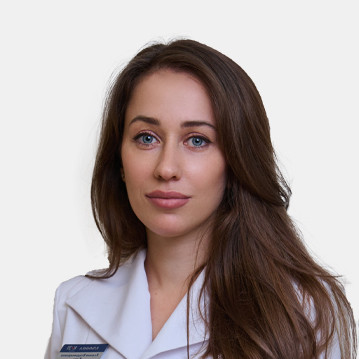
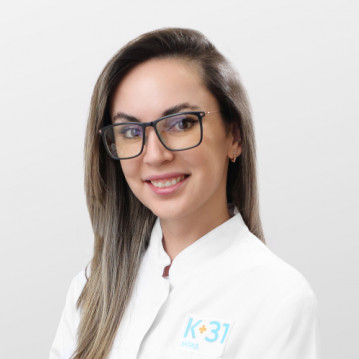
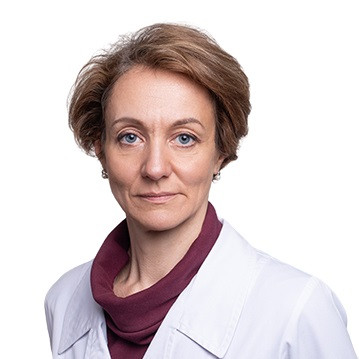
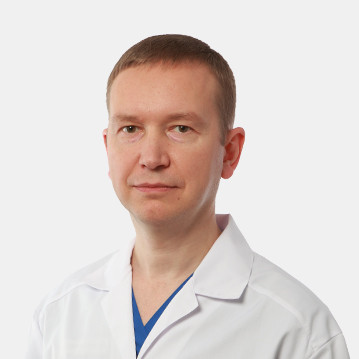
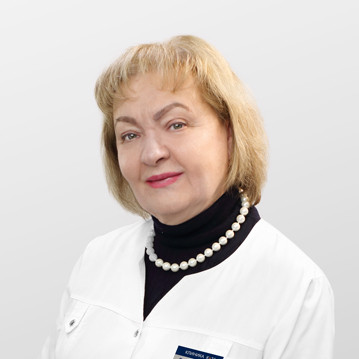
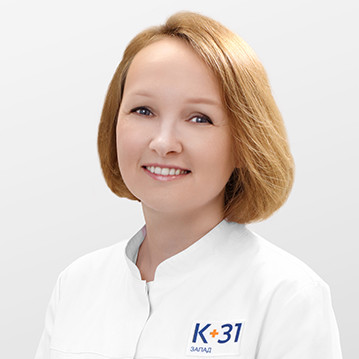
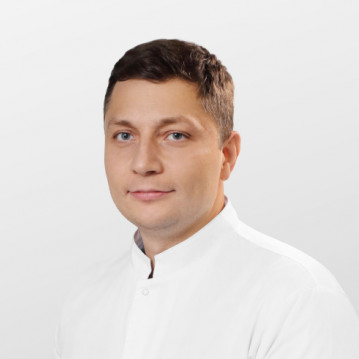
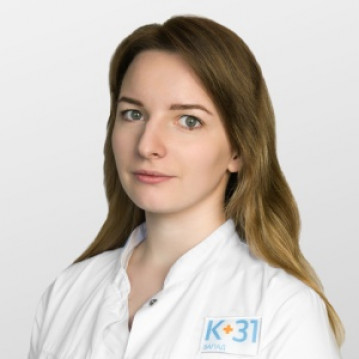
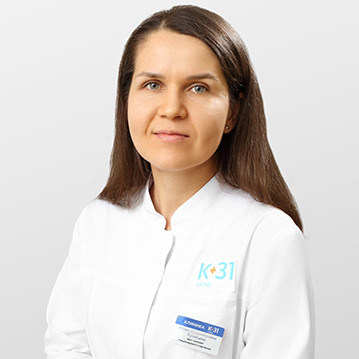
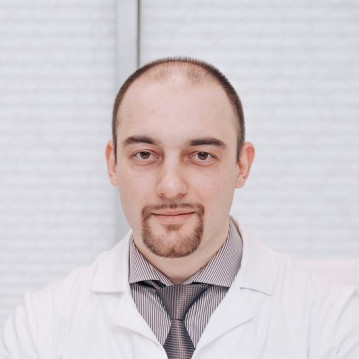

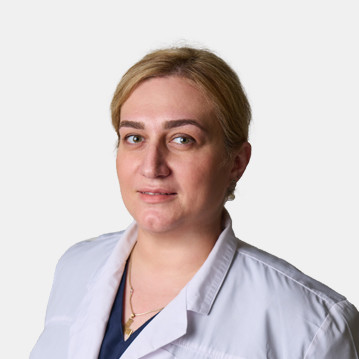
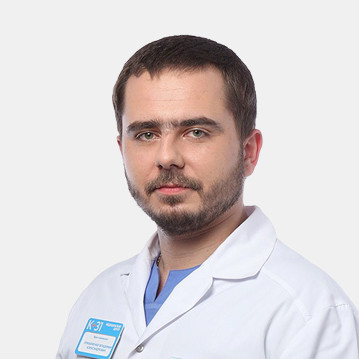
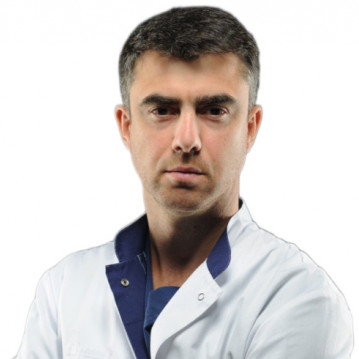
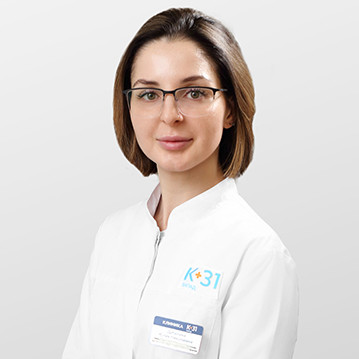
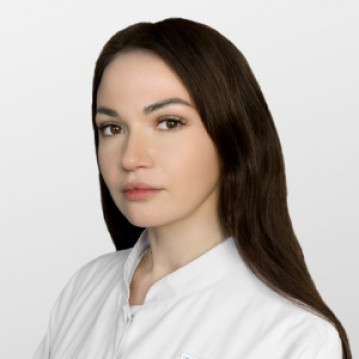
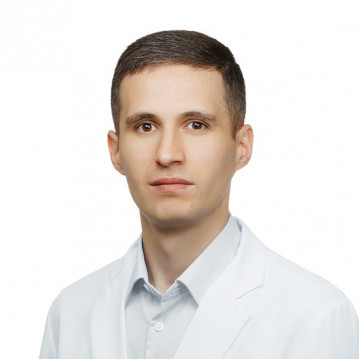
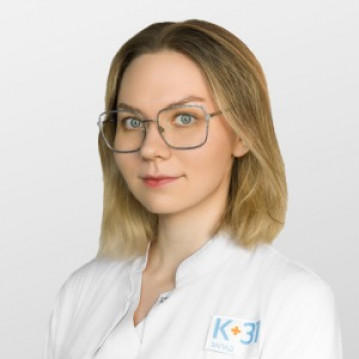
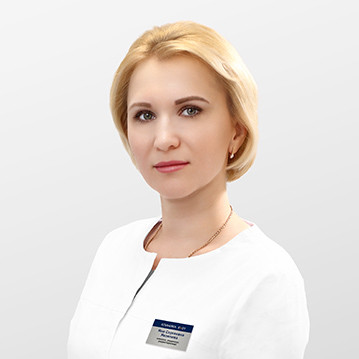
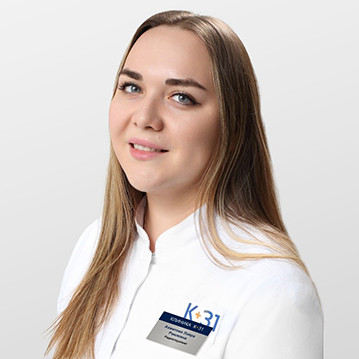




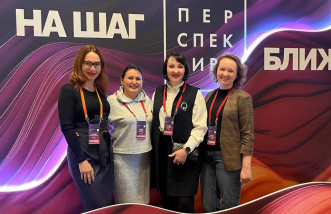


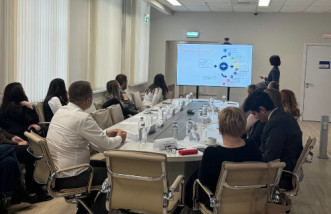




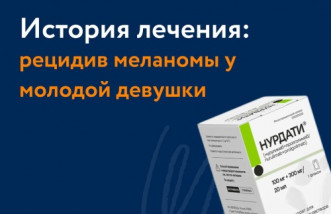
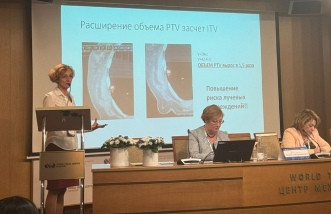


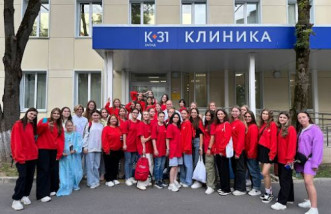







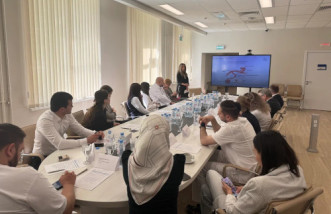











Chemotherapy allows you to:
Chemotherapy is one of the three key treatments for cancer, along with surgery and radiation therapy. They are often used together. For advanced stages of malignant disease, chemotherapy is the only effective treatment method.
Unfortunately, such treatment affects not only the foci of the disease, but also healthy cells, especially hair follicles, bone marrow, gastrointestinal tract, etc. This causes negative side effects that are temporary and can be minimized with the help of competent corrective therapy.